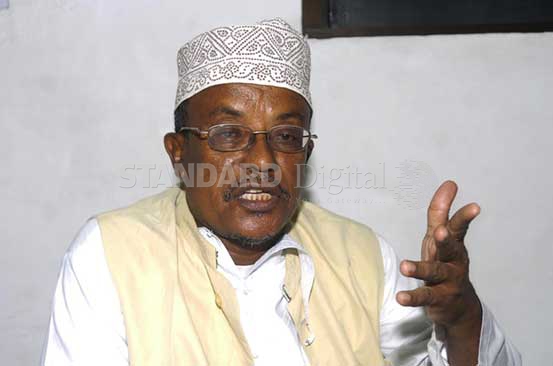
There are mixed reactions over the recent recruitment of 20 Kadhis by the Judiciary Service Commission (JSC). While some Muslim leaders from the Coast are demanding a fresh process to address what they term as biased hiring, others have lauded the move, saying it was proper and above board.
Those rejecting the list of new Kadhis argue the Coast region got only three positions out of 20, while North Eastern was allocated eight slots. This conflict lays bare the historical struggle by some Coast Muslim leaders to keep the position of Chief Kadhi and other Kadhis in the region as opposed to other Muslim-dominated areas like Northern Kenya.